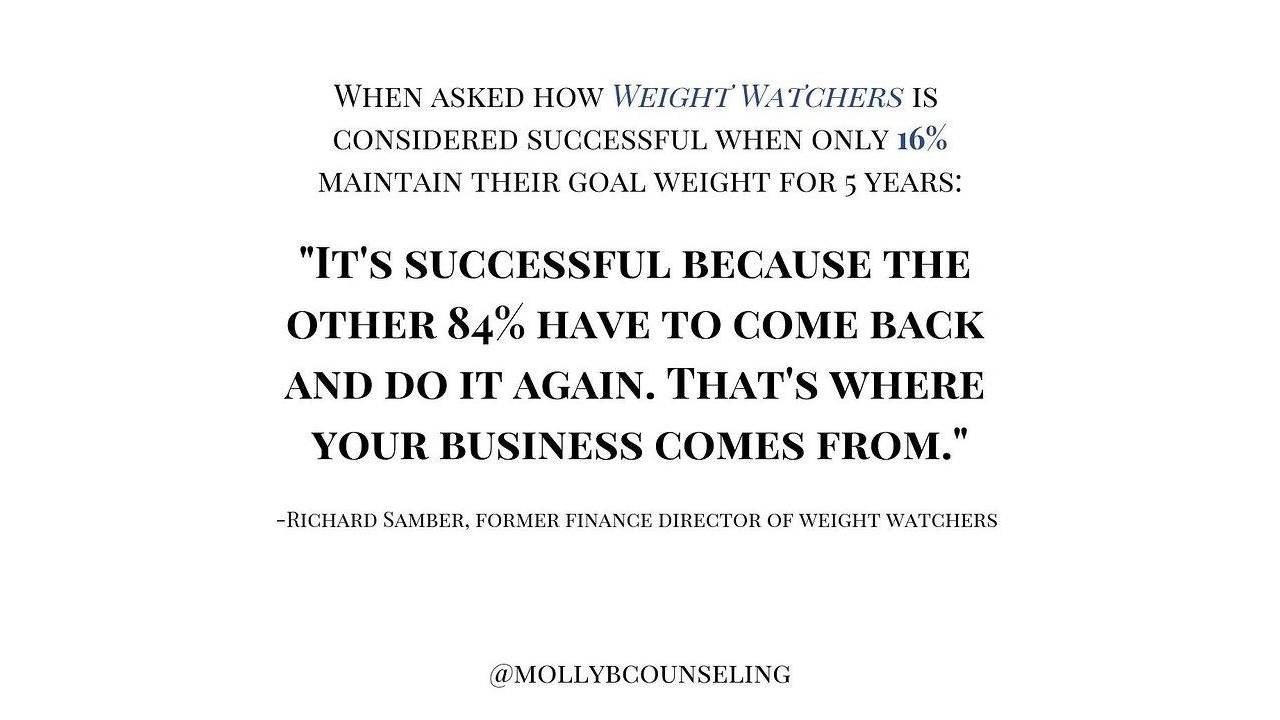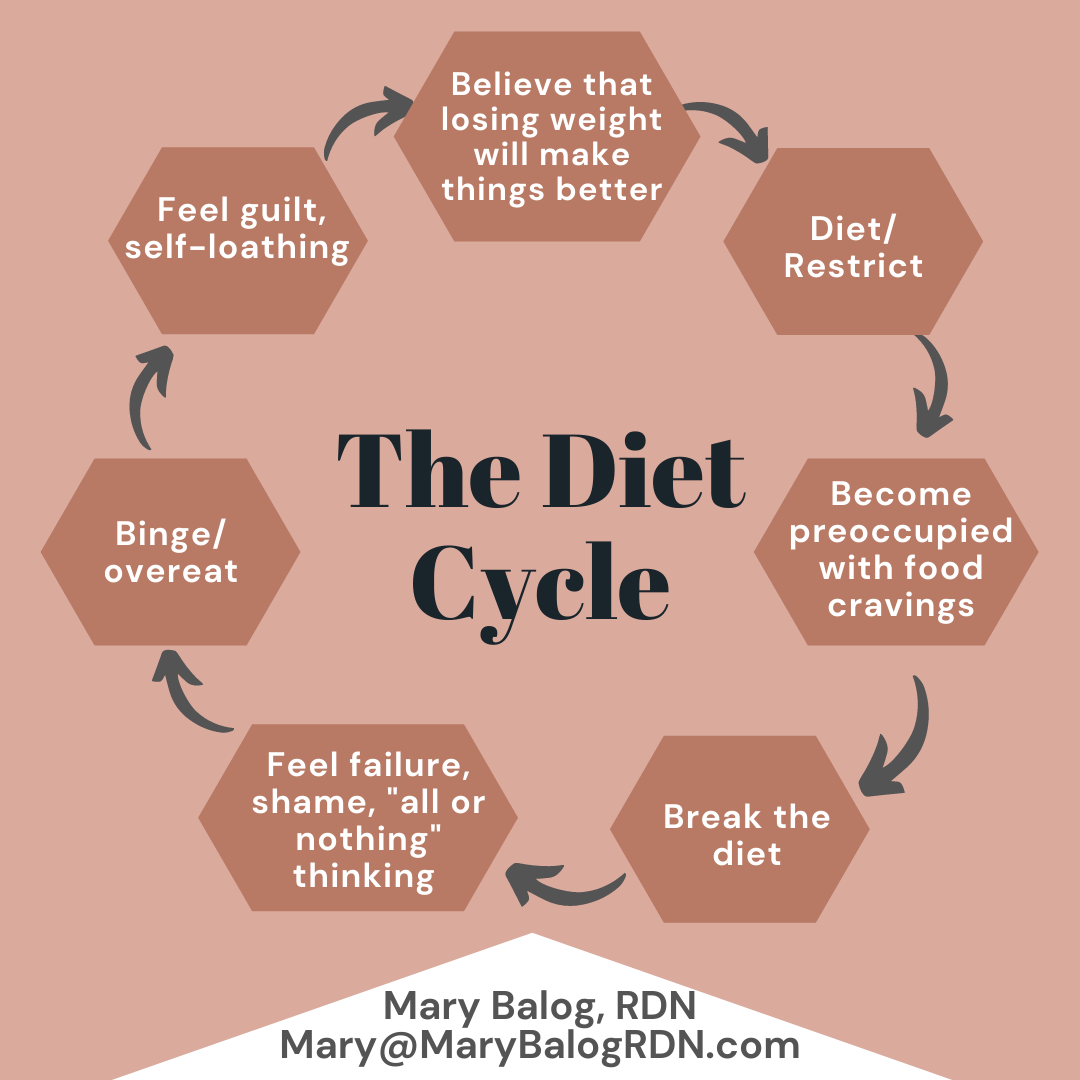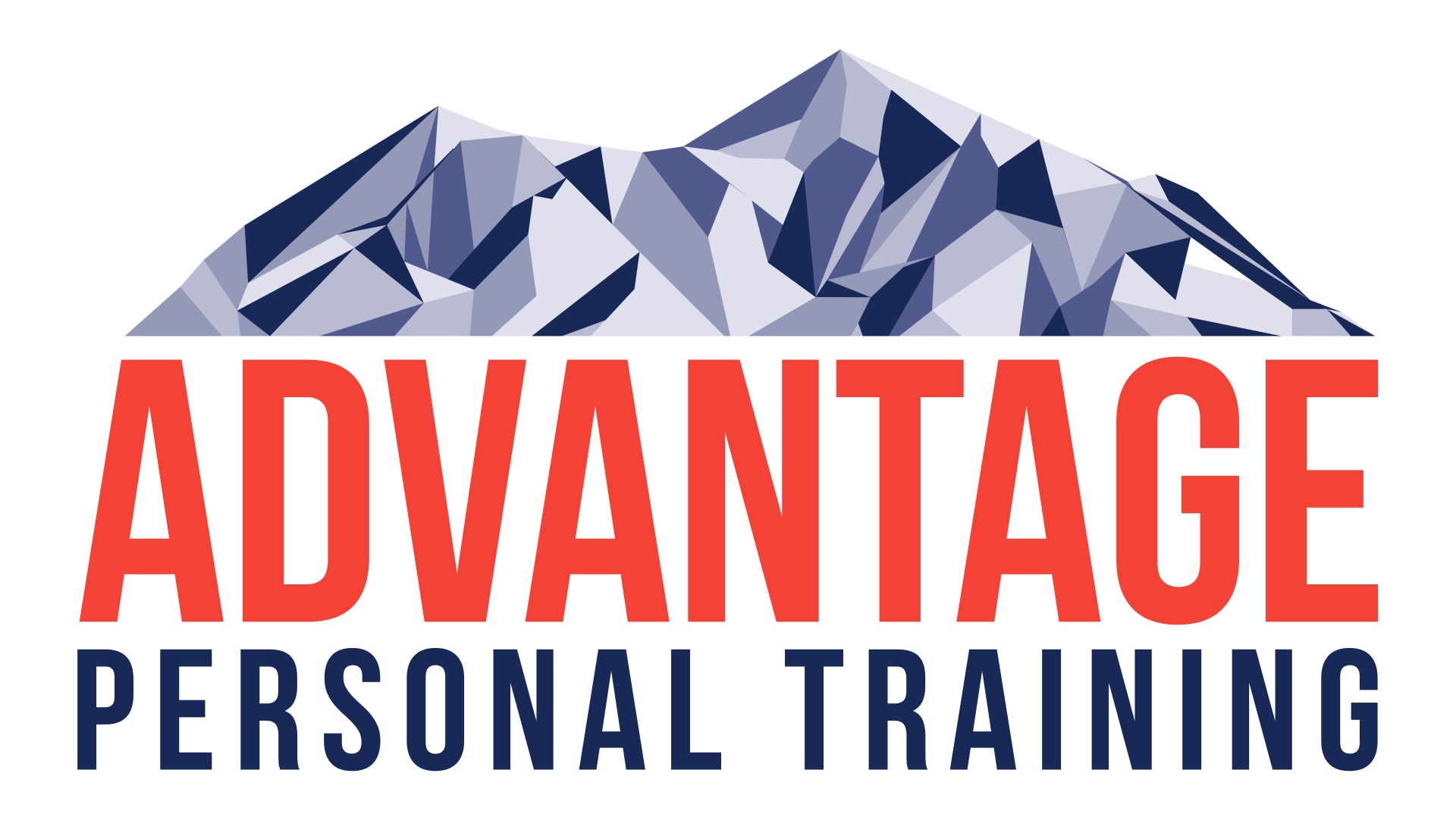Do You Need Fitness or Do You Need Training?
Movement Training vs Fitness
To illustrate a point, let’s say you are hammering a nail into a board. At first, you are hitting it square and everything is going smoothly. Then you shank it a little and the nail bends ever so slightly to the left. Not thinking anything of it, you give it a couple more whacks only to realize it is skewing farther and farther to the left. Now, if you continue to hit this nail the way you have been hitting it, it will end up hopelessly bent and you won’t be able to recover the original shape or any shape that would make it useful as a nail. Then your only option is to rip it out and start again.
This is what P90X, Insanity, bootcamp or HIIT classes can do to your body. Poor mobility and improper movement patterns turn your body into a bent nail, and if you continue to hammer away you may end up with an injury that doesn’t allow you to use your body like you want to. Are you ready to pursue fitness?
As the fitness industry booms, there are a huge number of small gyms and cr*$$#it boxes popping up around town. Along with this boom, according to a study done by the University of Arkansas, there has been a 35% increase in the number of injuries sustained at the gym. This is likely due to the increased number of people exercising, but at the same time, it has to do with the popular programming going on at these places.
The typical “Fitness” place sells you on the idea that you will come in, work really hard, get a good sweat, and shed the fat in the process. When you look at the list of classes available, bootcamps, HIIT (high intensity interval training) classes, spin classes, rowing ergometer workouts, and fat loss sessions are pretty much standard fare. There is just one issue here.
Most people just don’t move that well.
When you take someone who is gung ho about working out and you put them in a HIIT class or Cro$$#@t workout, they want to work as hard as they can and make the most of it. The energy and the competition generated in these workouts often leads to overreaching which can lead to injury, especially for people who are not well conditioned.
Instead of looking for “fitness”, maybe you should be looking for “training”. As I mentioned before, most people simply don’t move well. Usually this is a combination of lack of strength, fading movement skills and poor seated posture throughout the day. Training means gaining strength, bringing your body back into alignment, and teaching solid movement skills. Essentially you are taking the time to tap the nail straight before you continue to hammer away. When you seek training you are learning how to move your body properly and efficiently. Once you are able to do that, THEN seek to improve fitness.
Athletes Train
If you are an athlete, training takes on greater importance. I have come across too many athletes who say they have taken classes at local fitness places, but still have never done many of the movements we consider to be fundamental for athletic development. They get lumped into the fat loss or interval class and assume since they are working hard, they are getting better. This may not be true. Fitness is training without a plan. It’s exercising just to exercise. Fitness is not training for sports performance. Training follows a program of progressive overload and increasingly demanding motor skills, and this progression simply doesn’t happen at most fitness places.
Whether you are trying to move better to improve sport performance, or to rid yourself of pain, you need training more than fitness. Movement training makes you stronger, more efficient, and more resistant to injury. Fitness (conditioning) is a component of sport, but it is something that should be added to movement training, not in lieu of it. Without great movement as a base, a fitness regimen can turn you into the bent nail getting farther from normal with each blow. That’s why we emphasize moving well more than getting a good sweat. We constantly find ourselves telling our youth athletes and teams to “do the most challenging weight/variation you do well.” This way, we are always improving without compromising form. So, knowing this, do you need fitness or do you need training?




Advantage Personal Training is an Ann Arbor based Family Oriented Gym, focusing on the training needs of individuals, small groups and youth athletes. Meet with a results-oriented personal trainer and put yourself on the path to a more active life!
SERVICES
CONTACT INFORMATION
Hours of Operation
Mon to Fri: 6:00 AM - 8:30 PM
Sat: 8:30 AM - 12:30 PM
Sun: CLOSED
All Rights Reserved | Advantage Personal Training

